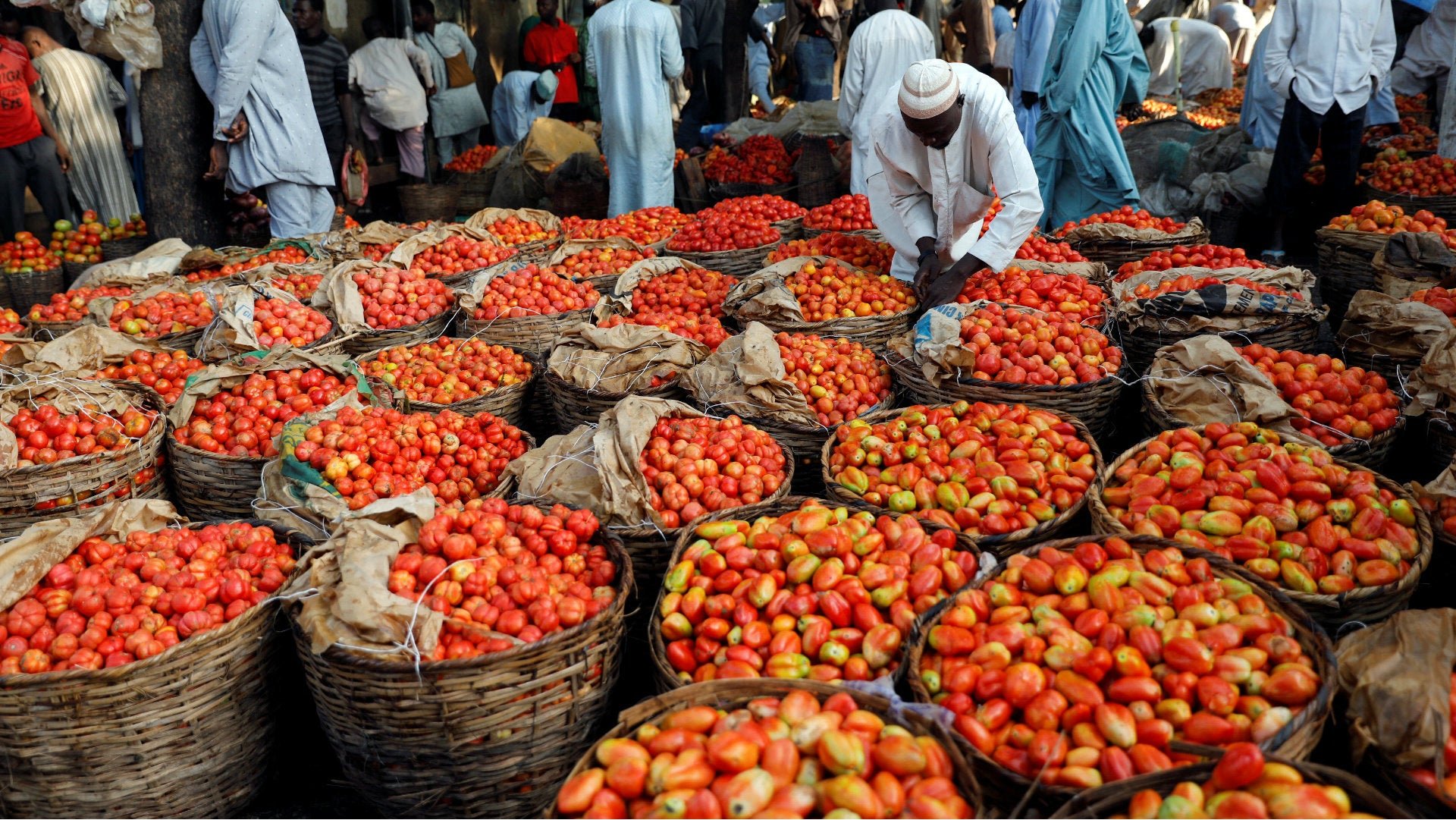The bet on using technology to get more Nigerians farming again is starting to pay off
The possibility that more middle-class Nigerians could get involved in farming is winning investor conviction.


The possibility that more middle-class Nigerians could get involved in farming is winning investor conviction.
Farmcrowdy, a one-year old agribusiness startup, has received $1 million in seed funding from investors including Techstars Ventures, Cox Enterprises and Social Capital. Launched in Nov. 2016, the startup has steadily gained traction and international interest: in August, Farmcrowdy became the first African startup accepted into Techstars Atlanta’s accelerator program.
The startup’s crowdfarming model allows Nigerians sponsor existing farms (crops include cassava, maize, rice and soya beans) for between $260 and $790. In return, upon harvest, farm sponsors earn between 9% and 25% profit on their initial investment.
Agro-tech startups like Farmcrowdy serve as a conduit to connect smallholder farmers—who make up 80% of the farmer population—to middle-class Nigerians who can supply much needed capital. The capital injection allows the farmers cultivate larger farmlands, plant more crops and expand at a faster pace. Farmcrowdy’s proposition has seen it notch 1,000 farm sponsors since launch.
Farmcrowdy has now built a network of more than 3,000 farmers and in addition to helping them access capital, it also provides them with technical support to help improve crop yield and the quality of produce. To help the farmers scale much faster and help sponsors earn profits, the startup secures purchase orders before harvest cycles. This way, it ensures that supply is consistent with demand.
The seed round will be focused on expanding operations to 20 states across Nigeria (it currently operates in eight states) and add 4,000 farmers to its network, the startup says.
In the longterm, agro-tech businesses like Farmcrowdy could potentially help the Nigerian government achieve one of its often discussed ambitions: getting more Nigerians to practice farming. That ambition is largely driven by the government’s desire to boost food self-sufficiency, reduce imports and diversify its oil-dependent economy.